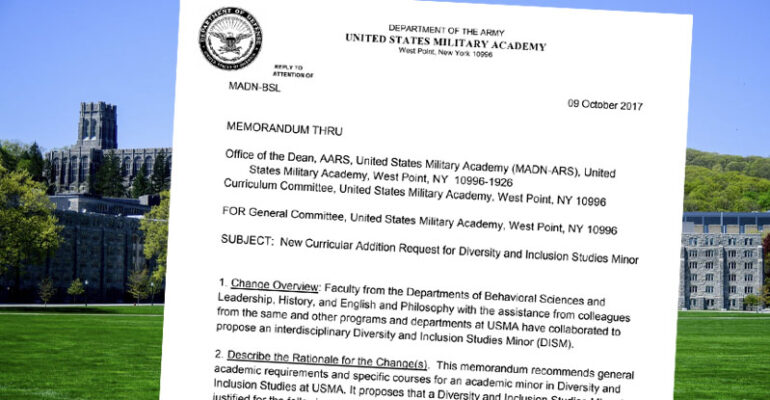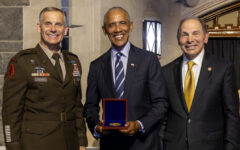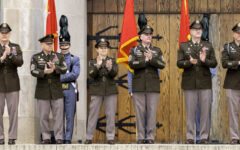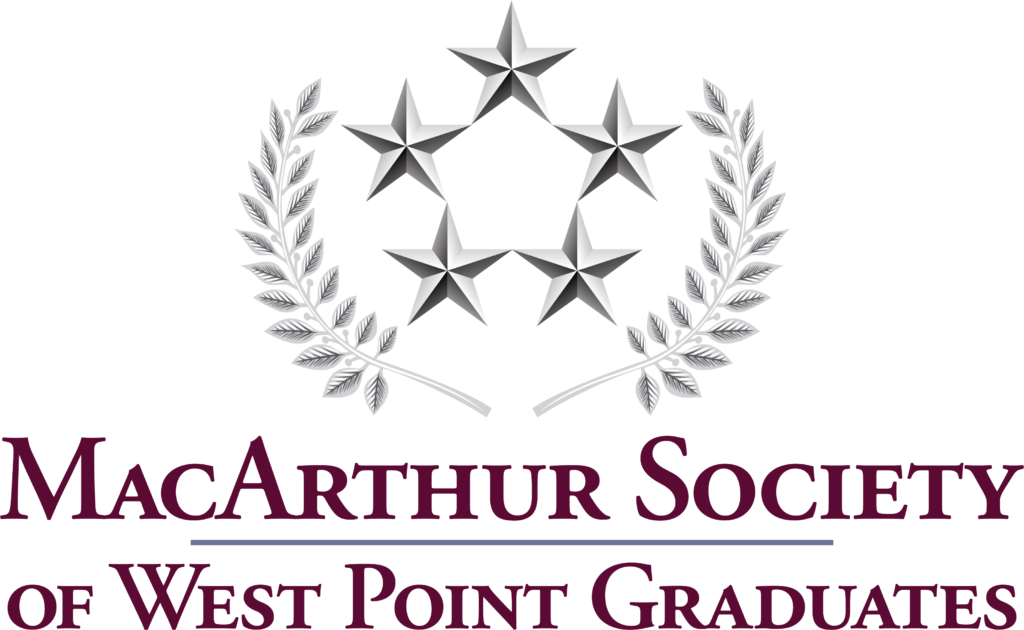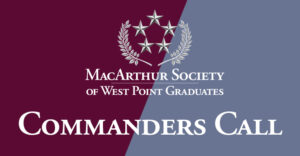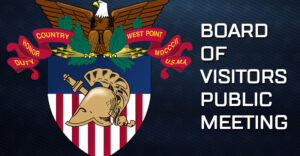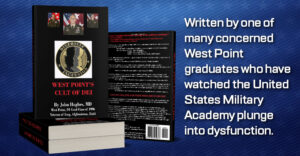Divide and Conquer: Radicalizing Military Education
7 June 2023 2024-01-24 16:35Divide and Conquer: Radicalizing Military Education
By John Cauthen
Retired naval officer, graduated from the U.S. Naval Academy in 2002
Taught in the history department from 2007 to 2010.
From late 2017 to 2018, three scholars wrote and submitted to academic journals 20 fake papers focused on gender and sexual identity—what the authors call “grievance studies.” Seven journals published their submissions.
The scholars’ stated objective for this experiment was to expose the farcical nature of these “disciplines” and their replacement of scholarly rigor with an overt political agenda devoid of academic seriousness.
The hoax not only damaged the reputations of the publishing journals, but it also challenged the academic integrity of identity-based “grievance studies.” Such fields may well be part of universities’ overall mission to expand areas of inquiry, study, and research.
Reality, however, suggests that they are more about increasing staff and faculty diversity hires and enhancing political power than about perpetuating knowledge.
Most external observers who are numbed by the absurdities of contemporary academia likely believe that the political damage emanating from identity studies is contained to the civilian Ivory Tower.
In the five years since the hoax, however, the grievance chorus has breached the walls and escaped traditional academia.
Corporations, government, and even the military and military academies are now true believers, a fact embodied by ubiquitous Diversity, Equity, and Inclusion (DEI) programs and offices.
If “grievance studies” lack academic rigor, and if some of their practitioners have been unmasked as charlatans rather than serious scholars, why have the nation’s military academies so enthusiastically embraced their arguments and conclusions?
The overall politicization of the military, an historically conservative and apolitical institution, is one potential explanation.
As a recent Heritage Foundation report on military readiness asserts, civilian and military leaders are advancing “divisive progressive social justice ideologies” across the individual services, largely by viewing “all matters through the lens of DEI.”
Purveyors of identity studies are, of course, adherents and advocates of DEI, and the success of their progressive political agenda in America’s other elite institutions—academia, media, government, and business—has renewed the objective of remaking the military in line with fashionable ideological views.
Every federal military service academy, for example, has either established DEI offices or published strategic plans to expand this agenda. Increasingly, identity studies are required for some students, depending on their selected undergraduate major and minor.
For instance, a 2017 West Point memo requesting the creation of a diversity and inclusion minor (five courses and 15 credit hours) argued that the program of study would “leverage diversity and foster inclusion to prepare leaders of character … to effectively lead in a multicultural Army.”
West Point established its diversity and inclusion minor in 2020, followed by the Air Force Academy in 2021.
The Air Force Academy had a similar objective, asserting that the program would develop “leaders who not only understand and recognize the importance of diversity, but who actively create inclusive environments that leverage this diversity toward mission success.”
On its face, none of this rather vague language is particularly problematic. A deeper examination, however, raises legitimate questions about how the coursework in question supports the stated mission of the service academies and furthers professional military education.
For example, some electives in these programs focus exclusively on race, ethnicity, gender, and sexuality—not exactly martial concerns.
A course offered at West Point as part of the diversity and inclusion studies minor is titled “The Politics of Race, Gender, and Sexuality” and places an emphasis “on the inherent inequalities found within the structures, rules, and processes of the American political system.”
At the Air Force Academy, a course called “Gender, Sexuality, and Society” seeks to show that one’s set of social “beliefs [can] create and enforce a system of difference and inequality.” . . . (read more on James Martin Center for Academic Renewal)

